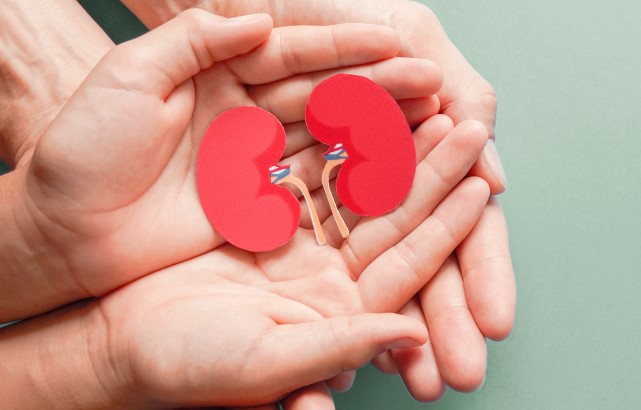

Commonly available medicines could be used to treat acute kidney injury, a serious condition that causes the kidneys to suddenly stop working, according to research we helped to fund published in the journal Science Translational Medicine.

Acute kidney injury (AKI) occurs in around 20 per cent of all emergency hospital admissions in the UK. It is usually caused by other illnesses that reduce blood flow to the kidneys, or due to toxicity from some medicines. AKI must be treated quickly to prevent death. However, even if the kidneys recover it can cause long lasting damage to the kidneys and the heart and circulatory system.
Now, researchers at the University of Edinburgh have found that medicines used to treat angina and high blood pressure could help to prevent the long-term damage to the kidneys and heart and circulatory system caused by AKI. They hope their findings will pave the way for improvements in its treatment.
Stopping the damage
The team found that people with AKI had increased blood levels of endothelin – a protein that triggers inflammation and causes blood vessels to constrict. Endothelin levels remained high long after kidney function had recovered.
After finding the same increase in endothelin in mice with AKI, the team treated the animals with medicines that block the endothelin system. These medicines work by stopping the production of endothelin or by shutting off the proteins in cells that recognise endothelin.
The mice were monitored over a four-week period after AKI. Those that were treated with the endothelin-blocking medicines had lower blood pressure, less inflammation and reduced scarring in the kidney. Their blood vessels were also more relaxed and kidney function was improved, compared with untreated mice.
An encouraging first step
Professor James Leiper, our Associate Medical Director, said:
“Impaired kidney function that results from acute kidney injury can also increase a person’s chance of developing and dying from heart and circulatory diseases, so it’s vital we find ways to reduce this risk.
“This promising research suggests that widely available medicines could help to tackle the impact of acute kidney injury before it can cause damage and further complications. While further studies will be needed to demonstrate whether this treatment is safe and effective for patients, this early research is an encouraging first step.”
This research was also funded by the Medical Research Council.


